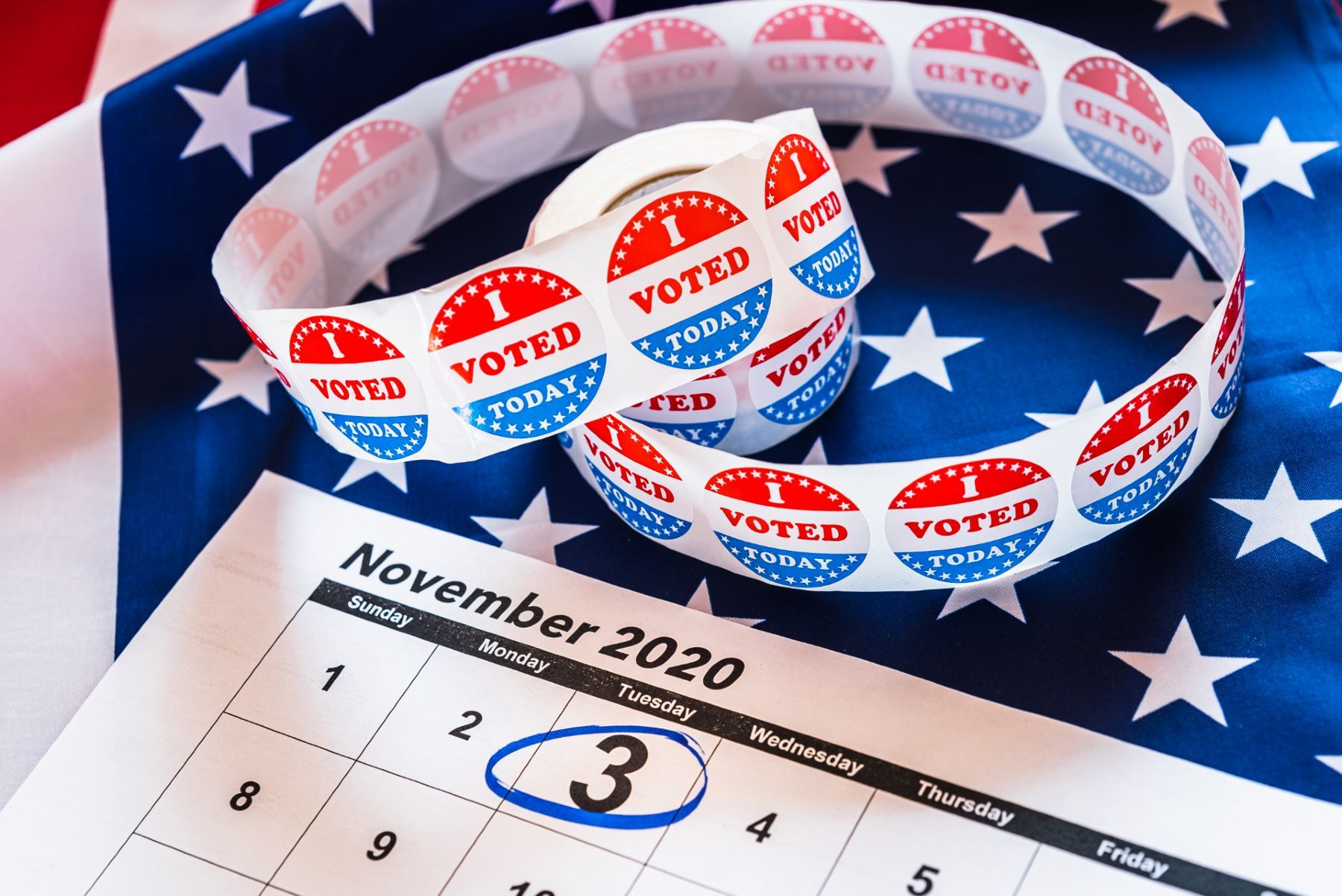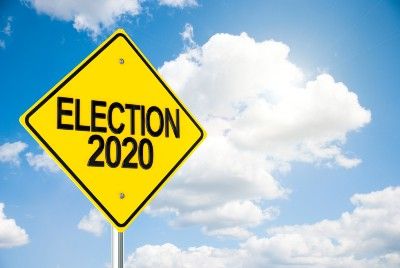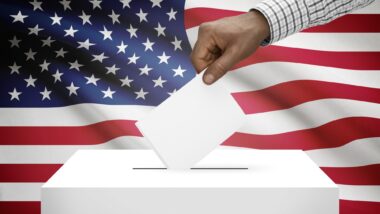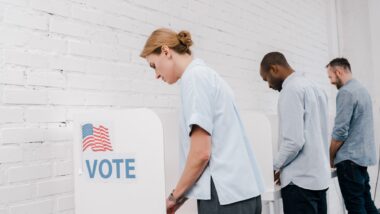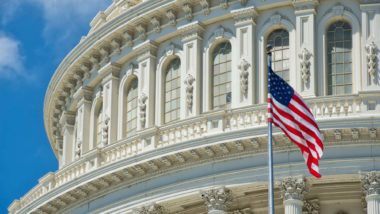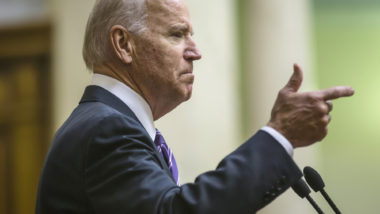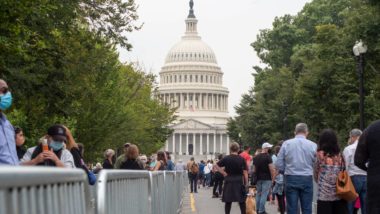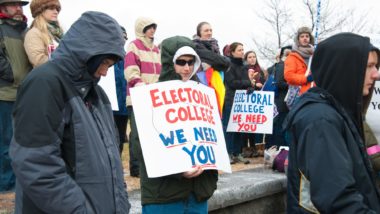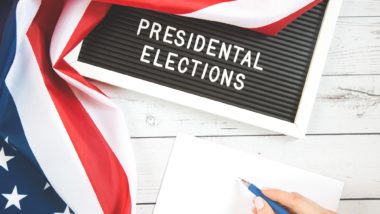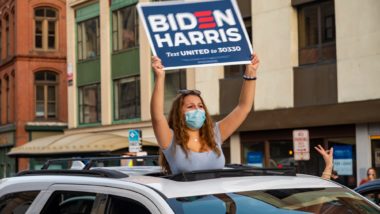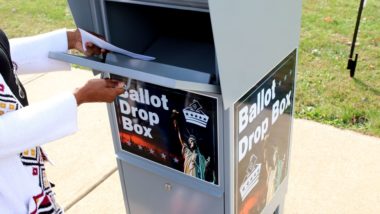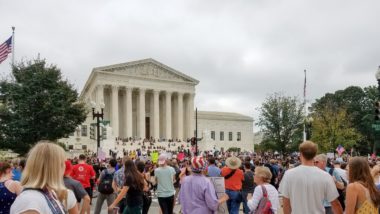Top Class Actions’s website and social media posts use affiliate links. If you make a purchase using such links, we may receive a commission, but it will not result in any additional charges to you. Please review our Affiliate Link Disclosure for more information.
A federal judge on Wednesday ordered Louisiana officials to reverse course over recently enacted restrictions on coronavirus-related mail-in voting and expand early voting for the upcoming general election.
U.S. District Judge Shelly Dick sided mostly with a group of Louisiana residents and voting rights advocates who asked the court to intervene on their behalf and force state officials to abandon plans to limit emergency mail-in ballots to those who test positive for COVID-19 near Election Day. After all, the residents argued, state lawmakers enacted a much less restrictive emergency mail-in ballot plan for the July and August primary elections.
Lawyers for the state argued that expanding the number of residents eligible for mail-in ballots would increase the risk of voter fraud ahead of Election Day.
The judge disagreed.
“The Court is not persuaded [the state’s] interest in preventing voter fraud — which Defendant Secretary Ardoin testified only four months ago is ‘a rare occurrence’ — is weighty enough to justify their roll back of COVID-19-specific allowances for mail voting,” Judge Dick wrote in her order.
Later, she said the state’s reasoning was not rational and “is directly contradicted by the fact that, for an election conducted one month ago, these same state officials did not, apparently, feel that [the strict mail-in ballot allowances were] necessary to avert voter fraud.”
Judge Dick also ordered the state to expand early voting for the general election from seven days prior to Election Day to 10 days.
In preparing the state’s plan for the general election amid the ongoing coronavirus pandemic, Louisiana Secretary of State Kyle Ardoin tossed out the primary election provisions that allowed anyone at a higher risk of severe illness from COVID-19, anyone subject to a quarantine order, those experiencing symptoms of the virus or provide care for someone in quarantine to vote by mail.
Several Republican lawmakers had warned Ardoin they would only support a plan to allow mail-in ballots for residents who tested positive for the virus between Oct. 20 and Election Day, Louisiana’s The Advocate reported. Any change to the state’s mail-in ballot procedure, even on an emergency basis, require legislators to pass a law.
Under Louisiana law, the governor must also approve the emergency election plan, but Gov. John Bel Edwards — who referred to the limited provisions as “woefully inadequate” — did not. He is named as a defendant in the lawsuit that promoted the judge’s intervention this week, but has said he supports expanded mail-in voting given the pandemic.
Ardoin’s office issued a statement after Judge Dick’s ruling was released.
“A decision as to how to proceed will be made after careful consideration of the facts is weighed with the fact that absentee voting (is) currently underway for some voters, and early voting mere weeks away,” it said.
Democratic state Rep. Mandie Landry told the local New Orleans television station 4WWL she thinks administration officials should comply with the judge’s orders and move on.
“My hope would be that because we’re so close to the election that everyone just agrees we have to get started on plans,” she said, but it is entirely possible they might take the case to 5th U.S. Circuit Court of Appeals.
The matter was brought to court Aug. 3 by residents Jennifer Harding, Jasmin Pogue and Omega Taylor — all of whom either have medical conditions that put them at higher risk from the coronavirus or care for someone who is at high risk — along with the Louisiana State Conference of the NAACP and the nonprofit Power Coalition for Equity and Justice.
“The ongoing COVID-19 pandemic has many voters rightly worried about their ability to go to the polls this fall. But no one should be forced to make a choice between their health, or the health of their family, and their right to vote in any election,” The Advocated reported Harding said. “Thankfully, Judge Dick’s ruling today provides alternatives for Louisiana voters, like me, to safely ensure that our voices are heard at the ballot box this fall.”
Have you been denied a mail-in ballot to vote in the Nov. 3 election? Has your state’s voting plan created a hardship for you to vote? Tell us about it in the comment section below.
The plaintiffs in the Louisiana voting lawsuit are represented by Ronald L. Wilson; John Z. Morris, Steven Lance, Victoria Wenger and Catherine Meza of the NAACP Legal Defense & Educational Fund Inc.; Robert D. Fram, Morgan Lewis and Joshua González of Covington & Burling LLP in San Francisco; John Fraser of Covington & Burling LLP in New York; and Frederic M. Levy of Covington & Burling LLP in Washington, D.C.
The Louisiana Voting Rights Lawsuit is Jennifer Harding, et al. v. Gov. John Bel Edwards, et al., Case No. 3:20-cv-00495-JWD-SDJ, in the U.S. District Court for the Middle District of Louisiana.
Read About More Class Action Lawsuits & Class Action Settlements:
Trump Campaign, Republicans Challenge Montana’s All-Mail Voting Option
Appeals Court OKs Felon Voting Rights Restrictions In Florida Class Action Lawsuit

